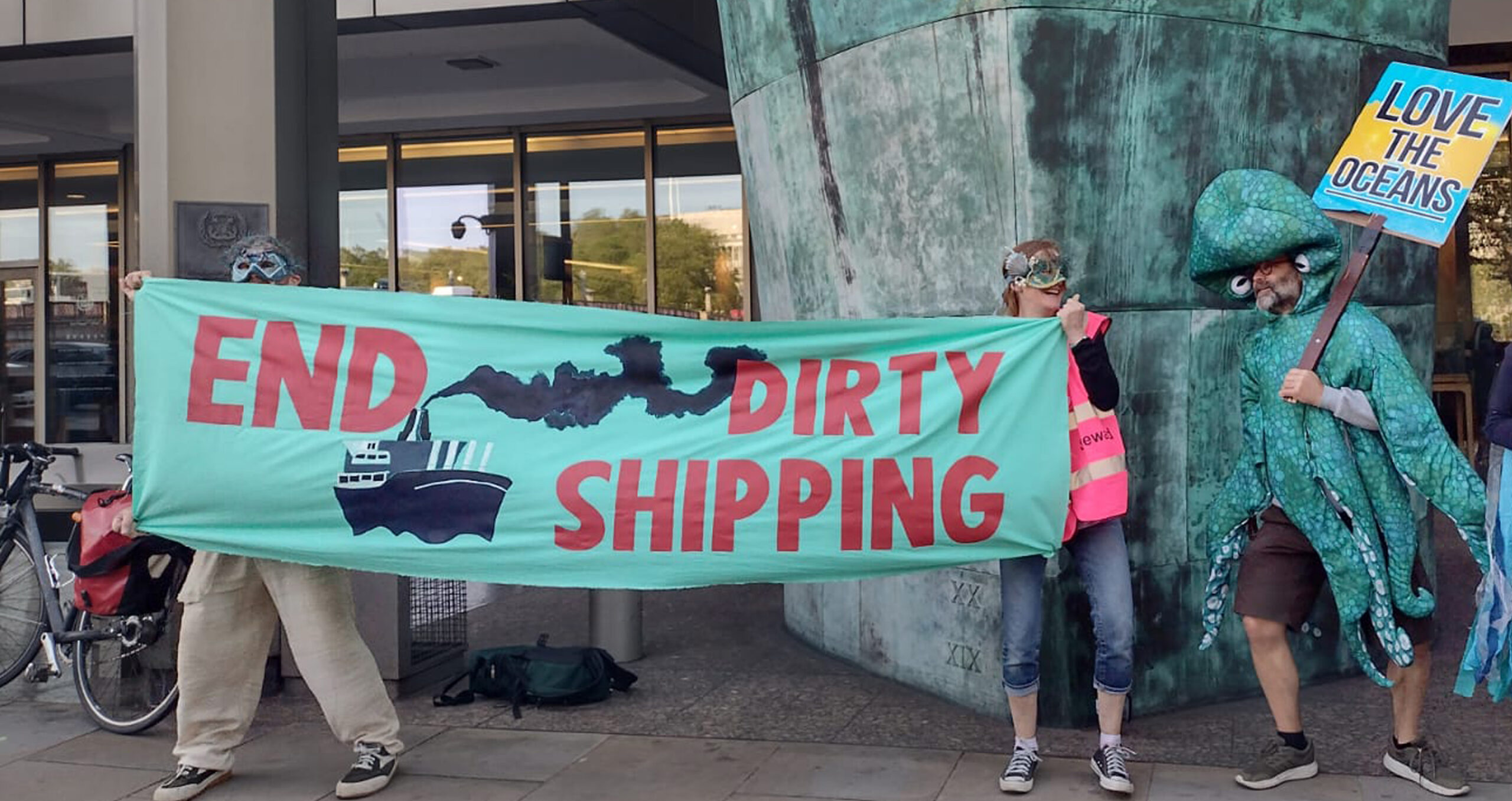
Editor’s note: will shipping finally decide to decarbonise?

The latest edition of our Sustainable Views newsletter.
Dear Reader,
This week much focus will be on ways to reduce emissions from, and ultimately decarbonise, the shipping industry. Claudia will be reporting back for Sustainable Views on what’s happening as the International Maritime Organization’s Marine Environment Protection Committee meets in London.
Shipping accounts for around 3 per cent of global greenhouse gas emissions. The sector could nearly halve its emissions by 2050, and cut them by between 36 per cent and 47 per cent by 2030 compared with 2008, by “deploying 5-10 per cent of zero or near-zero emission fuels, wind-assist technologies and by ‘climate optimising’ the speed of ships”, says research published in June by CE Delft, a Dutch environmental consultancy.
Meanwhile, ahead of last month’s New Global Financing Pact summit in Paris, the Solomon Islands and the Marshall Islands had proposed a levy on shipping emissions to help fund climate action in the developing world.
The EU and its 27 member states are in favour, but China is very much against the idea and is apparently lobbying poorer nations to oppose the proposal.
The Clean Arctic Alliance, a network of not-for-profit organisations, want IMO members to agree to slash emissions of black carbon. The short-lived climate pollutant — formed by the incomplete burning of fossil fuels, biofuels and biomass — has a climate warming impact 460 to 1,500 times greater than carbon dioxide.
A switch from heavy fuels — leftover or residual products from oil refining — to diesel could slash black carbon emissions by 80 per cent, says the alliance.
In other news, Alex, reporting from last week’s Climate Investment Summit in London, discusses the continuing problem of how to get more private climate investment directed to poorer countries to ensure they can transition to clean energy economies.
Finally, Claudia has read the latest climate litigation report by the Grantham Research Institute on Climate Change and the Environment and pulled together the key findings.
In short, environmental litigation is maturing and becoming a global phenomenon. Interestingly, black carbon is seen as an area for future litigation.
Have a great week. Silvia will be back with you tomorrow.
Until the next time,
Philippa
Philippa Nuttall is EU correspondent at Sustainable Views
Similar Articles

Editor’s note: tariffs and trade policies

Editor’s note: biodiversity, breakdown and batteries


